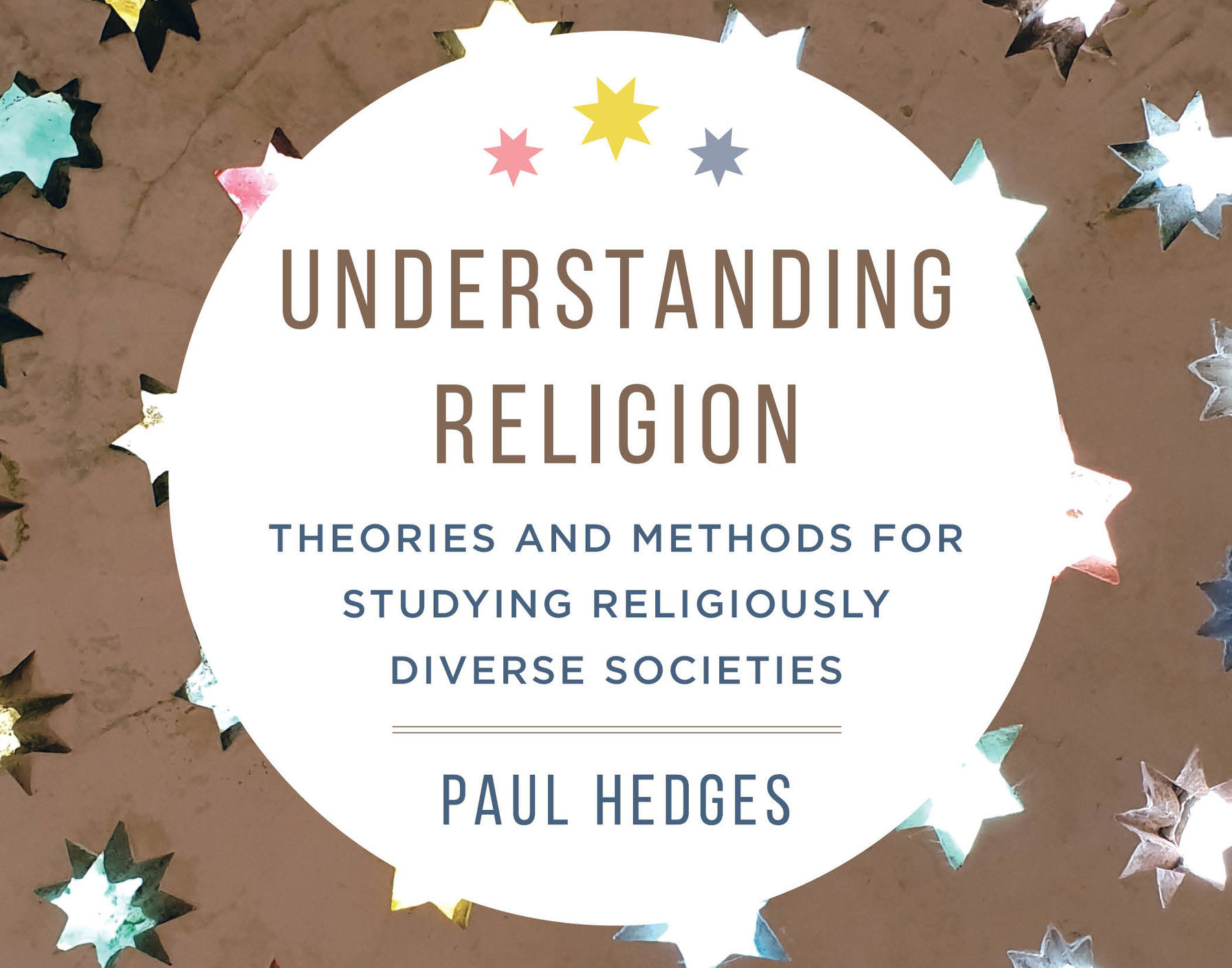The construction of the introductory textbook in the academic study of religion is an incredibly fraught enterprise. What will you include? What will you exclude? What organizing rubrics will you have in mind? Which voices will you highlight and who will be excluded? And particularly in our contemporary world, where attention spans are short and so many resources are online, what would even be the purpose of producing a textbook? This week, RSP co-founder Chris Cotter is joined by Paul Hedges, who has taken on that monumental task in his recently published Understanding Religion: Theories and Methods for Studying Religiously Diverse Societies.
During the interview, they discuss the role of the positionality of the author/scholar, the use of case studies, the selection of topics and themes, what the term ‘critical’ might mean in such an endeavour, and what decolonization mean in the context of textbook production.










